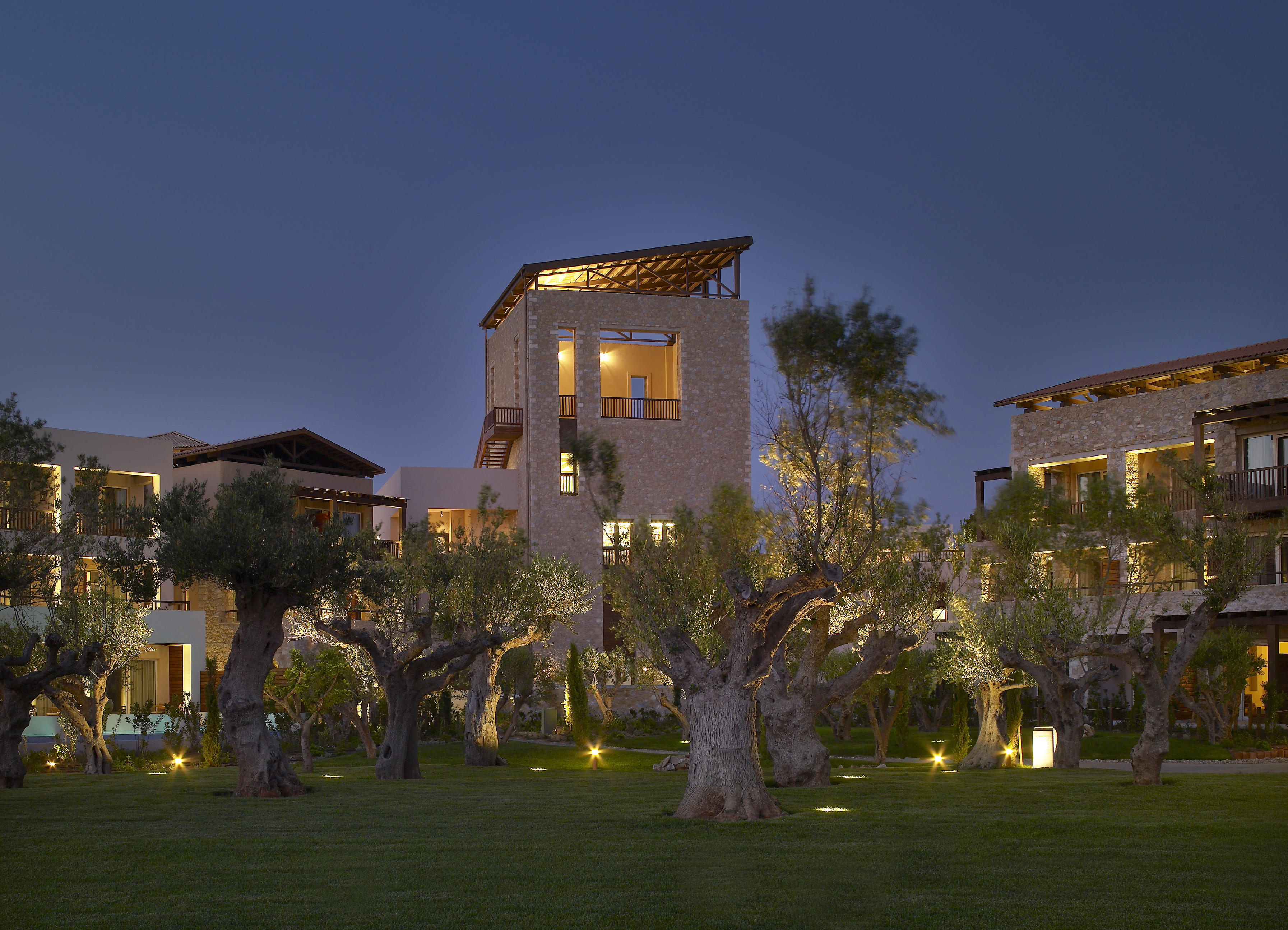The reduction is due to actions that include: the supply of electricity from renewable sources through certificates of origin, the reduction of LPG use as well as the reduction of energy consumption / per night.
The above practices are part of the overall decarbonization strategy planned in Costa Navarino, which includes the definition of short-term and long-term goals and actions to reduce CO2 emissions, both for direct emissions related to the use of fuels for energy production , as well as for the indirect ones which include, in addition to the purchase of electricity, all the emissions related to the supply chain of Costa Navarino.
The short-term goals have an implementation horizon of 2034, while already by 2030 TEMES aims for a 100% percentage of electricity supply from renewable sources. Its long-term goal for 2050 is to achieve net-zero operation of all facilities. Costa Navarino's integrated approach to sustainable development has led to its emergence among the best sustainable destinations worldwide, with multiple awards such as from the World Travel & Tourism Council (WTTC), the World Travel Market (WTM), etc. a.
Already in 2009, TEMES, together with the University of Stockholm and the Academy of Athens, had established the Navarino Environmental Observatory (NEO) located in Costa Navarino. The purpose of NEO is research and education around climate change and the environment in the wider Mediterranean region. Now, the NEO has developed into a dynamic center for modern research, actively contributing to the effort of the international scientific community to tackle climate change. To date, more than 200 scientific publications have been published, while more than 1,800 students from all over the world have visited it.
The proceeds
At the center of sustainable development is the optimal management of natural resources, the reduction of the use of plastic, as well as the protection and promotion of Messinian nature. Following extensive studies on water resources in the area, significant investments have been made in Costa Navarino for the construction of reservoirs, fully integrated into the natural landscape, which cover irrigation needs without the use of groundwater.
Also, together with WWF Greece, a significant effort is being made to limit unnecessary single-use plastics related to the overall operation of the destination. In 2021 Costa Navarino became a member and adopted the goals of the Global Tourism Plastics Initiative implemented by the UN Environment Program and UNWTO in collaboration with the Ellen MacArthur Foundation, while in 2022 it reduced the use of single-use plastics by 38% compared to 2019, as well as the use of plastic bottles by 53%, with the ultimate goal of their abolition.
Finally, the largest olive tree transplanting program in Europe continues, with over 7,000 trees transplanted to date.















